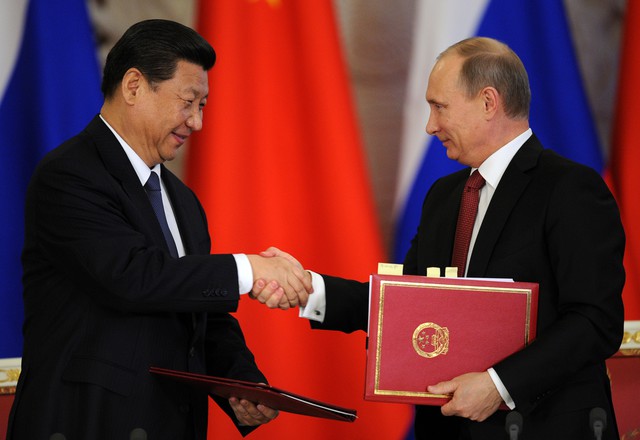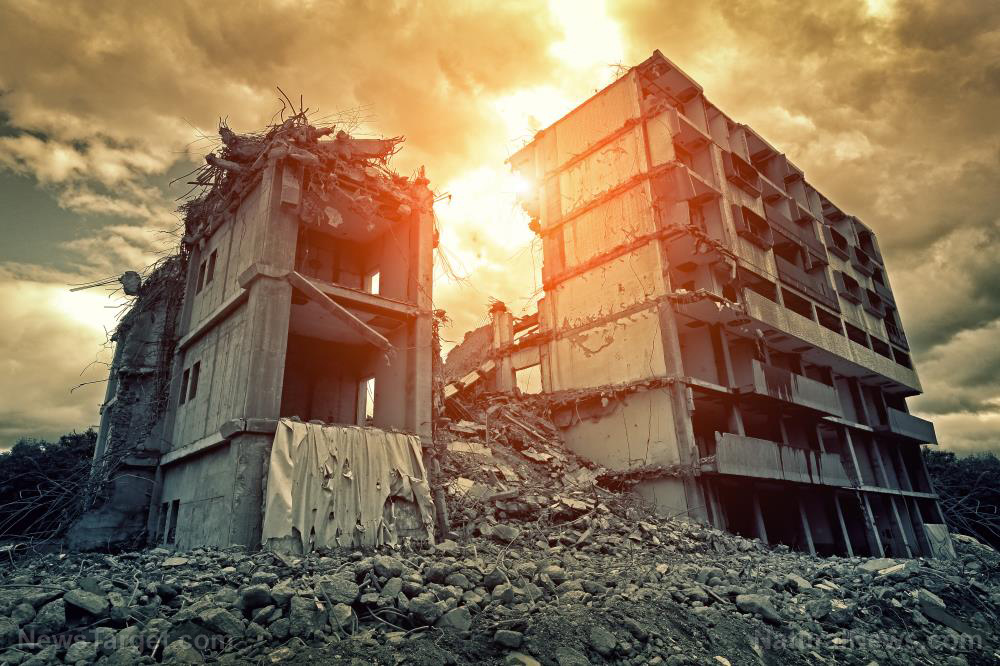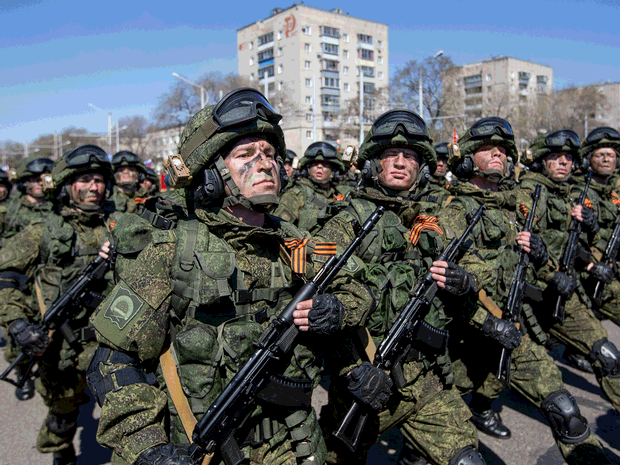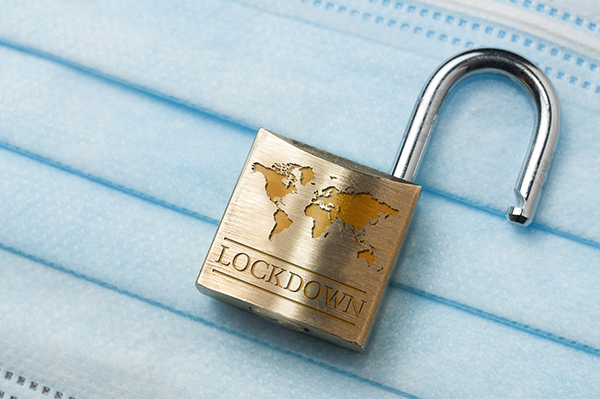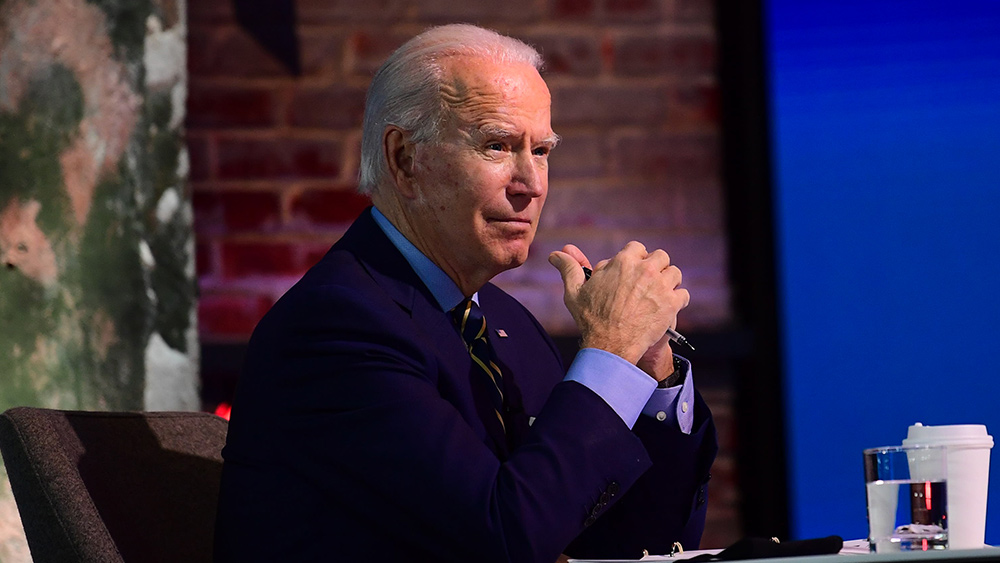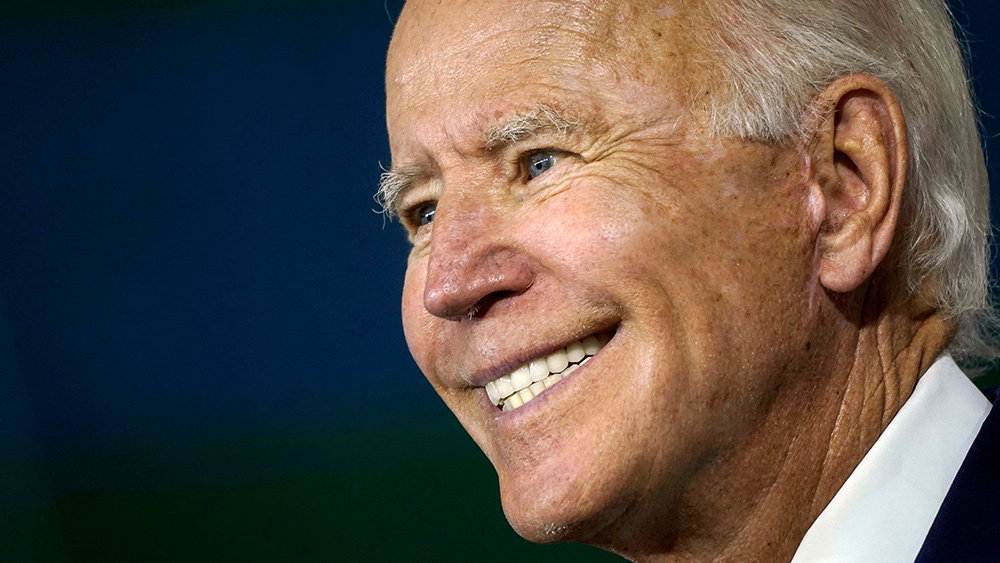Europe is collapsing, and it’s just the first domino of many to fall
09/26/2022 / By Ethan Huff

The European Union (EU) is rupturing at the seams due to a variety of factors, including the ongoing and escalating energy crisis.
European nations are not in agreement about how to deal with the problem, let alone how to move forward. Contentions abound as Russian oil and gas runs dry in Germany, the EU’s economic powerhouse.
The “unity” that the EU was supposedly created to foster has become rampant disunity, with mass chaos as the inevitable outcome.
Germany is doubling down on sanctions against Russia, which is killing its own economy at breakneck speed. This is spilling over into other countries like Poland, which is fed up with the situation.
As we reported, German businesses are shutting down because they simply cannot afford to pay energy bills that are 10 times higher than last year. How can any economy survive such increases?
Italy is also in the throes of turmoil as it grapples with insurmountable debt that reports indicate are forcing the country to make difficult and undesirable decisions.
“The deterioration of the global economy, together with EU policies, now threatens industry and living standards in EU member states, reduces the scope of joint economic support, and forces member states to rapidly evaluate their readiness for possibly radical reductions in their political self-determination,” writes Tuomas Malinen for The Epoch Times.
“This is most evident in Italy.”
Will the energy crisis “break” the global economy?
Over in Hungary and the Czech Republic, leaders are in opposition to EU plans for a price cap on Russian gas. There is no way to enforce that cap, and some countries are poised to simply ignore it.
The EU is responding by threatening to cut funding, but in Hungary specifically this is “unlikely to increase the incentives for Hungary to stay in the union.”
“More generally, as funding is made conditional for countries meeting the test of adhering to ‘European values,’ one can expect the list of such essentially political requirements to grow as economic conditions worsen and demands for uniform policies grow,” Malinen adds about the situation.
In Poland, efforts to reform the judicial system face pushback from EU leaders, prompting Krzysztof Sobolewski, the governing party’s secretary-general, to announce that without a change in the actions of Brussels, “Poland will have no choice but to pull out all the cannons in our arsenal and open fire.”
Russia has taken full advantage of all these fractures. It continues to do business with countries that are less eager to enforce sanctions, including Greece, which is slated to receive its first shipment of liquefied Russian natural gas at a brand-new facility.
“Hungary, as an outlier, is buying additional gas from Russia in accordance with their new agreement,” Malinen explains.
“It will be interesting to see what Germany may choose to do if the impact of energy scarcity on its economy and population is as large as some reports suggest.”
Italy also finds itself between a “rock and a hard place” when it comes to the issue of Russian energy. Imports were trimmed from around 40 percent to 15 and 20 percent, but the nation cannot go much further than that.
The ripple effect of all this is that natural gas supplies from the United States are increasingly making their way to Europe where companies are receiving top dollar due to inflation.
The effects of this in the U.S. will be felt by consumers also having to pay higher prices for energy just like our neighbors across the pond. How long can this all continue before the whole system goes belly up?
As the existing world order undergoes a controlled demolition, we will keep you informed about the latest at Collapse.news.
Sources for this article include:
Submit a correction >>
Tagged Under:
Collapse, economy, energy, energy crisis, Europe, European Union, fuel shortage, fuel supply, great reset, inflation, Russia, Russian Sanctions, supply chain
This article may contain statements that reflect the opinion of the author
RECENT NEWS & ARTICLES
COPYRIGHT © 2018 GLOBALISM.NEWS
All content posted on this site is protected under Free Speech. Globalism.news is not responsible for content written by contributing authors. The information on this site is provided for educational and entertainment purposes only. It is not intended as a substitute for professional advice of any kind. Globalism.news assumes no responsibility for the use or misuse of this material. All trademarks, registered trademarks and service marks mentioned on this site are the property of their respective owners.



